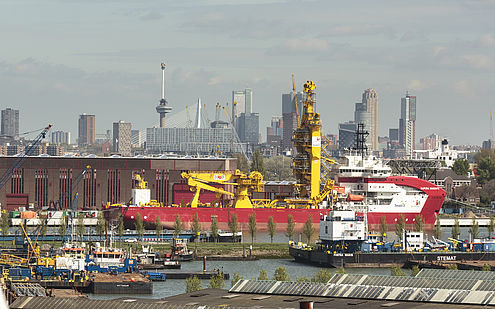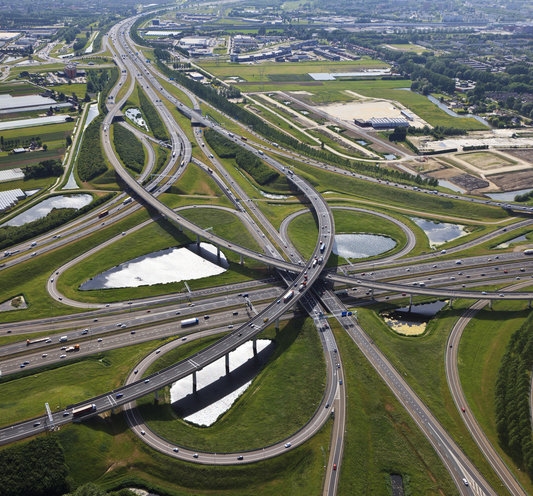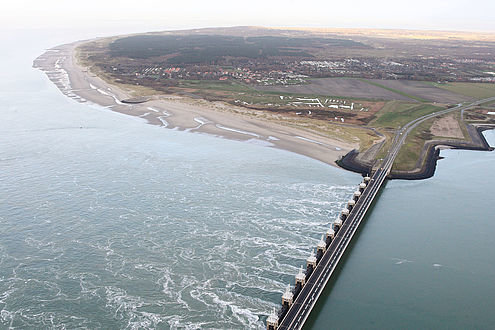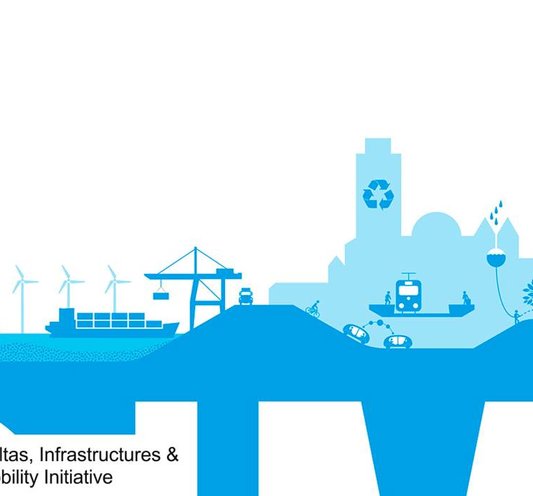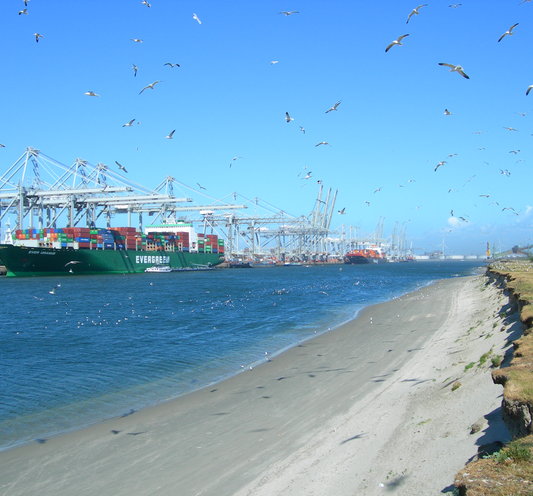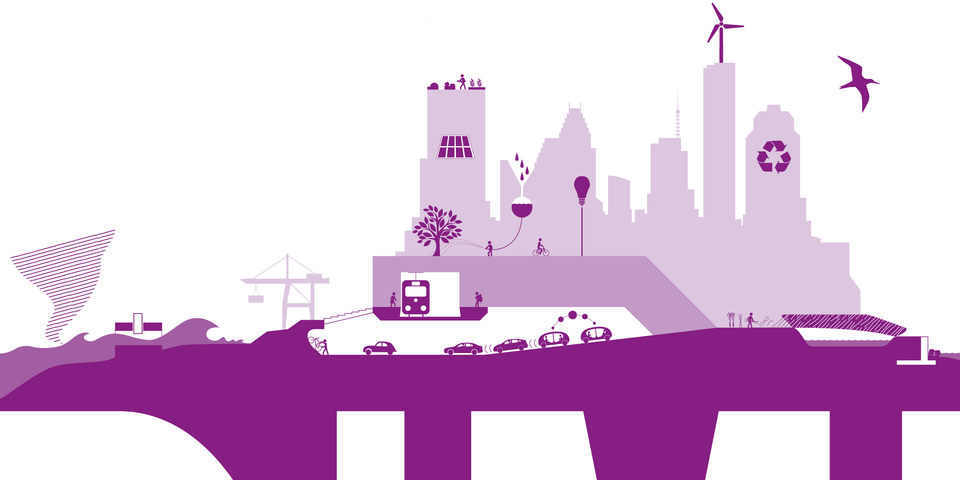Research
Climate change, rising sea levels, economic development and increasing urbanisation lead to all sorts of challenges that can have a significant impact on our infrastructure. How great is the risk of disruption of our infrastructure? How resilient are these facilities and the related systems, services and activities? How fast can government institutions and companies resume normal activities? What is the best way to organise urbanised delta regions?
These are only a few of the core questions that we must find answers to. An integral approach, in which different disciplines cooperate, provides the best guarantee for finding solutions. And this is precisely how we work at Delft Deltas, Infrastructures & Mobility Initiative (DIMI).
About our research
An integral approach
Deltas, cities, harbours and airports are geographical systems on diverse scales within the context of space and the environment. They are based on networks of civic and vital infrastructure, as well as the accompanying critical subsystems of services and activities in the field of flood protection, transport and logistics. Due to the substantial interdependence and complexity of these systems, a fragmented approach to the problems will not suffice. Instead, an integral approach is required. This is the only way to find optimal solutions for the problems at the system level.
An integral approach: guarantees solutions
Technological improvements to combustion engines can reduce dangerous emissions from cars, for example. If the capacity of a road or the flow is not adequate, however, the resulting congestion will still be harmful to the environment. More disciplines are required to solve this kind of problem. Furthermore, representatives or other players must understand the system and speak the same language. Only with this integral approach can the entire system be improved.
The science behind an integral approach
Academic research can contribute to an integrated approach through the study of the interdependence of and interactions between the system components, through the development of a scientific, integral design method, and through the development of supporting management and control models. Obviously, research into technologies such as automation, algorithms and models is essential for specific subjects related to the system components. These subjects include communication and navigation systems, new materials and construction methods, and new approaches and technologies in the area of maintenance. Research also augments the curricula with new insights and brings students into contact with specific fields of research.
Public support is of crucial importance
The effectiveness of an integral approach also depends on a shared and coherent vision of the public and private parties involved in defining and solving social problems in the area of vital infrastructures for the water safety and mobility of deltas, cities, harbours and airports.
Political differences, public and private interests, and sectoral fragmentation must also be bridged. Public support is of crucial importance due to substantial investments and the impact on the living environment of citizens. Large-scale infrastructure projects and policies for the improvement of water safety and mobility will be easier to justify to the public if they are developed in a sustainable manner and if they are permanently usable.
Research Highlights
DIMI on tour!
Also: check out our DIMI on tour! videos
